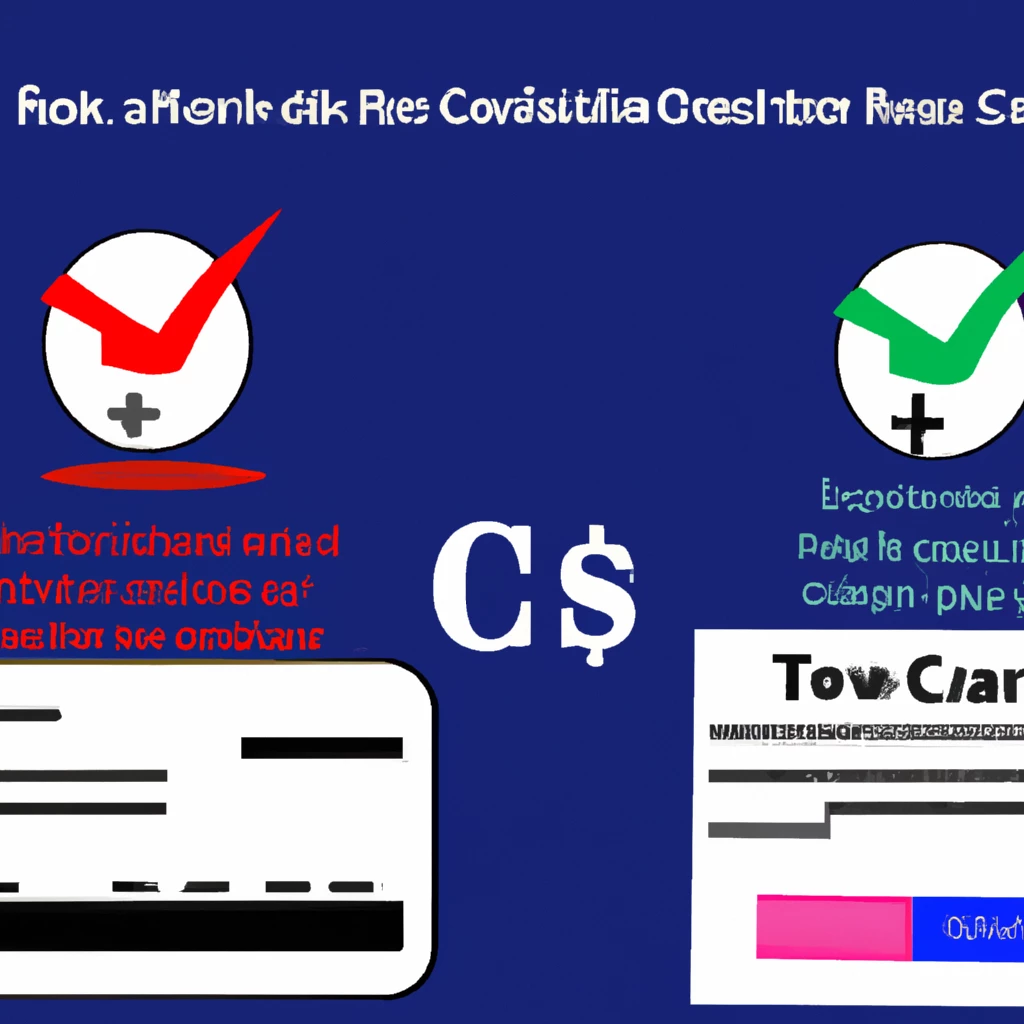Having a poor credit score can hinder your financial prospects in various ways. From struggling to secure new loans or credit lines to facing higher interest rates, the implications are significant. Additionally, a low credit score may lead to increased security deposits for services like utilities and cellphones, as well as elevated insurance premiums.
One strategy to address this situation is known as “pay for delete,” wherein you pay to remove adverse information from your credit report. However, it’s essential to understand that this approach may not offer an instant solution for enhancing your credit profile.
What Is Pay for Delete?
Pay for delete involves an agreement with a creditor to settle all or part of an outstanding balance in exchange for removing negative entries from your credit report. According to Paul T. Joseph, an attorney and founder of Paul T. Joseph Tax Law, this process can help eliminate derogatory remarks or late payment indicators from your account.
How to Request Pay for Delete
To initiate pay for delete, you must send a letter to the creditor or collection agency containing specific information, including your details, the creditor’s information, and a formal statement outlining the payment amount and the expected removal of negative information from your credit report.
By addressing any negative items linked to late payments or collection accounts, paying off the outstanding balance demonstrates goodwill in anticipation of the creditor removing detrimental details from your credit history.
While pay for delete is not expressly prohibited by the Fair Credit Reporting Act (FCRA), it’s crucial to note that only inaccurate or incomplete items can be compelled to be removed from your credit report. The decision to eliminate other information ultimately rests with the creditor or collector, further emphasizing the importance of accuracy in credit reports.
Removing Collection Accounts From a Credit Report
The success of pay for delete can vary depending on whether you are dealing with the original creditor or a collection agency. While negotiating with a debt collector for pay for delete is legal, keep in mind that it may not erase negative information reported by the original creditor.
Before opting for pay for delete, assess how collection accounts impact your credit score. Depending on the credit scoring model used, paying off a collection account might suffice without pursuing pay for delete specifically for credit score improvement.
Repairing Bad Credit Yourself
If pay for delete or credit repair services don’t align with your goals, you can embark on credit repair independently. Key steps include reviewing your credit reports for inaccuracies, exploring credit-building options like authorized user arrangements, and prioritizing timely bill payments.
While pay for delete offers a route to enhance your creditworthiness, it’s worth considering other avenues if you lack the financial resources for settling balances or covering credit repair fees. Taking proactive steps to improve your credit health can pave the way towards a better financial future.
